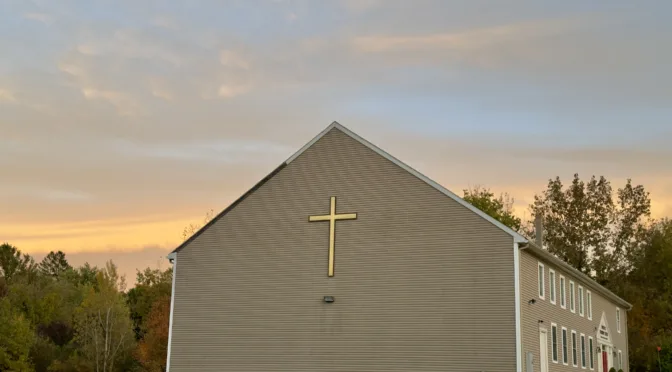Beloved in Christ, I want to begin by sharing a part of my own journey with you, as I believe it speaks to the hearts of many. For over 20 years, I went through a season where God’s voice seemed distant, like a faint whisper I could barely make out. I was in a place of spiritual dryness, and though I cried out for restoration, I felt as if He had drawn back. Yet, even in the silence, I knew that God had not forsaken me. Like the psalmist in Psalm 51:12, I would pray, “Restore to me the joy of Your salvation and sustain me with a willing spirit,” longing for His touch.
Then, in His perfect timing, God brought me through that season. When I emerged, everything wasn’t just better—it was transformed. The voice of the Lord that had once seemed distant now felt so close, as though He was standing right next to me, guiding my every step. Psalm 85:6 says, “Will You not revive us again, that Your people may rejoice in You?”—and indeed, He revived my soul. However, I stand before you today knowing that there are still major areas in my life where I need Him to work. I share this testimony because I know many of you may be in that same place of waiting, of wondering when God will move in your life.
The Scriptures are filled with examples of God’s faithfulness to restore, to revive, and to teach us in our seasons of trial. He does not allow us to go through these periods without purpose. In Isaiah 32:15, we are reminded that the wilderness becomes a fruitful field after the Spirit is poured out from on high. If you find yourself in a wilderness season, be encouraged: God is at work in your heart. He is preparing to pour out His Spirit in ways that will bring life and abundance where there has been barrenness.
But these seasons are not just about endurance—they are opportunities for learning, repentance, and renewal. In Habakkuk 3:2, the prophet cries, “O Lord, revive Your work in the midst of the years! In the midst of the years make it known; in wrath remember mercy.” God, in His mercy, often allows us to walk through challenging times so that we might be awakened to areas in our lives that need repentance and refinement. What is He trying to teach you right now? What sins or burdens need to be laid at His feet? It’s not simply about getting through the season but growing through it.
Psalm 119:116 says, “Uphold me according to Your promise, that I may live, and let me not be ashamed of my hope.” God promises to uphold us, even when we feel weak or overwhelmed by our circumstances. He carries us like a father carries his child (Deuteronomy 1:31), and He bears us up on eagle’s wings (Exodus 19:4). Yet, in His strength, He also calls us to learn from Him. He doesn’t just want to pull us out of difficult seasons; He wants to transform us through them. Like gold refined in the fire, He uses these trials to purify us and make us more like Him.
As you seek the Lord, ask Him to reveal what He is teaching you in this season. The psalmist says in Psalm 51:13, “Then I will teach transgressors Your ways, and sinners shall be converted to You.” Once we are restored, God often calls us to reach out and bring others to His truth. But first, we must allow Him to do the deep work of repentance and transformation in our own hearts.
Beloved, trust that God is near, even in the silence. He has promised never to leave you or forsake you (Isaiah 41:10), and His purpose in your life is to bring you closer to Him. Psalm 145:14 says, “The Lord upholds all who fall and raises up all who are bowed down.” If you have stumbled, if you feel weighed down by sin or weariness, know that He is ready to lift you up. Psalm 55:22 encourages us to “Cast your burden on the Lord, and He will sustain you; He will never allow the righteous to be shaken.” This is not just a promise for someone else—it’s for you.
But we must be willing to repent, to humble ourselves, and to seek His will. As Hosea 6:1-2 reminds us, “Come, let us return to the Lord, for He has torn us, but He will heal us; He has wounded us, but He will bandage us. He will revive us after two days; He will raise us up on the third day, that we may live before Him.” God’s purpose is always to heal and restore, but He waits for us to return to Him with open hearts and willing spirits.
In this season, do not be discouraged. Instead, seek the lessons He is teaching you. Trust in His timing and His faithfulness. He will revive you, and when He does, you will come out of this time stronger, more refined, and more filled with His Spirit. Let us humble ourselves, seek His face, repent where needed, and trust that He is making all things new.
God is near. Let Him complete the work He has begun in you. Trust Him, learn from Him, and move forward in His grace.


